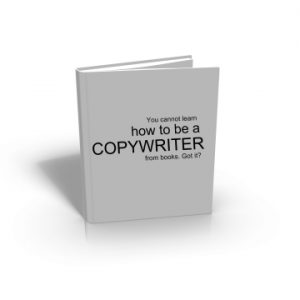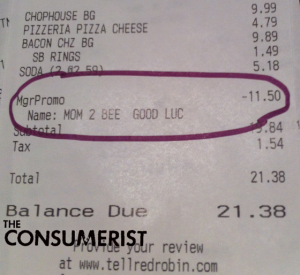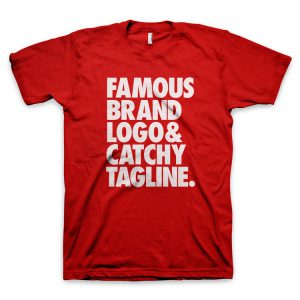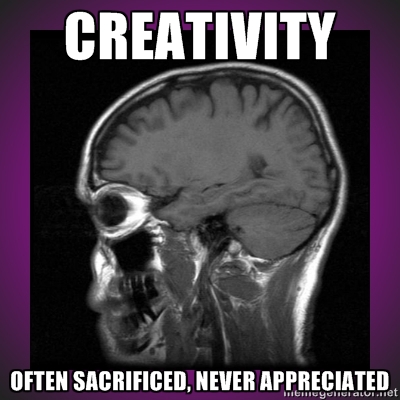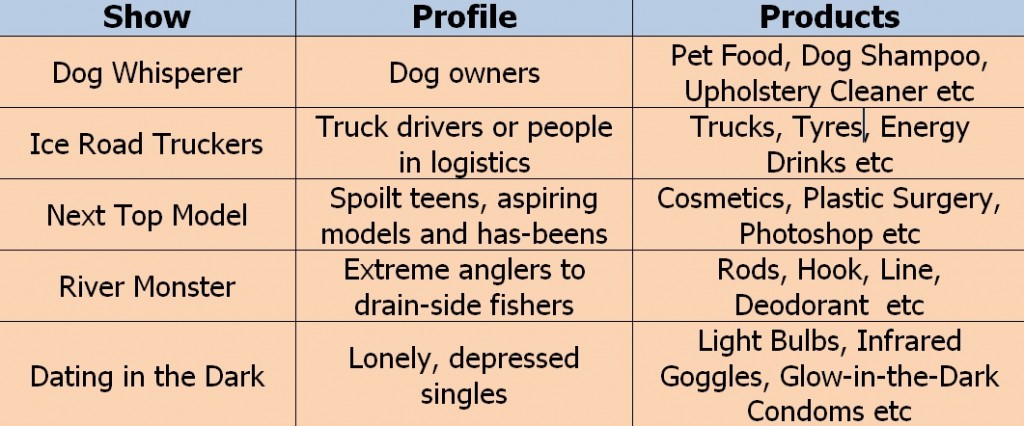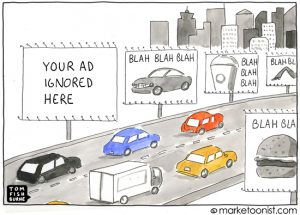Not surprisingly, politics and advertising are considered to be the two least trusted professions in the world.
Every 4 years or so, these two groups of professionals often team up to create misleading… errr… I mean awe-inspiring ads about how everything is hunky dory in the country.
You may have seen these politically-driven ads recently, which I assume are supposed to instill nationalistic pride and encourage us to support the status quo.

But more and more people now realise that what these ads are ‘selling’ aren’t that good, sometimes just plain bad.
That’s because the boom in alternative views from independent news sites and blogs often discredit efforts by the mainstream players. And of course social media helps spread alternative news very effectively.
William Bernbach – one of the pioneers of modern advertising – once said:
“A great ad campaign will make a bad product fail faster. It will get more people to know it’s bad”.
It’s like watching an awesome movie trailer, where a combination of fast-paced editing, a stirring soundtrack and teasing dialogues is delivered in two minutes. And then you go watch the movie and realise you might as well been watching paint dry for the last two hours.
Sure enough, when any of your friends wants to watch the same movie, you’d probably not recommend it. This ripple of ‘thumbs-down’ will almost certainly make this movie a flop.
There are many ‘trailers’ on TV these days illustrating a progressive, modern and united Malaysia, provided our votes are cast to oppose change. While I’m not writing the creators of these ads off, I just hope I’m not forced to watch the actual drama for the next four years either.
Let the mud-slinging begin!

